
7 Telltale Signs Of Vitamin D Deficiency + Simple Ways To Treat It
We recommend helpful products in our articles. Read our full disclosure here. The content on this website is not intended to be a substitute for professional advice, diagnosis, or treatment.
Vitamin D is a crucial nutrient that is necessary for maintaining healthy bones, muscles, and immune function.
However, many people may not realize they are deficient in this vitamin until they start experiencing symptoms.
What is Vitamin D
Vitamin D is a crucial nutrient that is vital to the human body.
It is a fat-soluble vitamin that is essential for maintaining healthy bones, teeth, and muscles.
Vitamin D is unique in that it is produced naturally by the body in response to sunlight exposure, and it can also be obtained through diet or supplements.
Vitamin D plays a vital role in the body’s ability to absorb calcium, which is essential for bone health.
The body cannot absorb calcium without enough vitamin D, leading to rickets in children and osteomalacia in adults.
Vitamin D deficiency can also cause weak bones, weakness in the muscles, and an increased risk of fractures.
Vitamin D has a significant impact on the immune system.
It helps the body fight infections by regulating the immune response and reducing inflammation.
Vitamin D deficiency has been known to cause an increased risk of autoimmune diseases such as multiple sclerosis, rheumatoid arthritis, and type 1 diabetes.
In addition to its role in bone health and immune function, vitamin D has also been linked to a reduced risk of certain cancers, including breast, colon, and prostate cancer.
Vitamin D also helps improve cardiovascular health by reducing the risk of heart disease, stroke, and high blood pressure.
While vitamin D is crucial for overall health, many lack this nutrient.
This is particularly true for people living in northern latitudes, where sunlight exposure is limited during winter.
Additionally, older adults, people with darker skin, and those who follow a vegan or vegetarian diet may be at an increased risk of vitamin D deficiency.
To maintain optimal levels of vitamin D, it is important to get adequate sunlight exposure, eat a diet rich in vitamin D, or take vitamin D supplements.
The recommended daily vitamin D intake varies depending on age, gender, and other factors.
Generally, adults should aim to get at least 600-800 IU (International Units) of vitamin D per day.
7 Signs You Might Have a Vitamin D Deficiency
A full vitamin and mineral blood test can tell if your body has a Vitamin D deficiency.
In addition, here are some telltale signs you might have a vitamin D deficiency.
1. Bone pain and muscle weakness
Vitamin D is crucial in calcium absorption, essential for strong bones and muscles.
As a result, you may experience bone pain and muscle weakness if you are deficient in vitamin D.
This can lead to conditions such as osteoporosis and osteomalacia.
2. Fatigue and weakness
If you are feeling tired and weak all the time, it could be a sign of a vitamin D deficiency.
Vitamin D is essential for energy production, and a deficiency can cause fatigue and weakness.
3. Mood changes
Vitamin D is also known to play a role in regulating mood.
Low vitamin D levels have been linked to an increased risk of depression and anxiety.
If you are experiencing mood changes, it may be a sign that you are deficient in vitamin D.
4. Difficulty thinking clearly
Vitamin D is also important for cognitive function.
A deficiency in this vitamin has been linked to cognitive impairment, including difficulty thinking clearly and remembering information.
5. Increased risk of infections
Vitamin D is essential for a healthy immune system.
If you are deficient in vitamin D, you may be more susceptible to infections, including respiratory diseases like the flu.
6. Hair loss
Vitamin D deficiency can also lead to hair loss.
This is because vitamin D is important for maintaining healthy hair follicles.
7. Delayed wound healing
If you have a cut or wound that is slow to heal, it could be a sign of a vitamin D deficiency.
This is because vitamin D is essential for your wounds to heal properly.
If you are experiencing any of these symptoms, it is important to speak with your healthcare provider to determine if you are deficient in vitamin D.
A simple blood test can determine your vitamin D levels, and your healthcare provider can recommend the appropriate treatment, such as increasing your sun exposure, taking vitamin D supplements, or making dietary changes.
Natural Ways You Can Increase Your Vitamin D Intake
You can get Vitamin D through sunlight and diet, many people do not get enough of this nutrient.
Here are some natural ways you can increase your vitamin D intake.
1. Spend time in the sun
One of the most effective ways to increase your vitamin D intake is to spend time in the sun.
When your skin is exposed to sunlight, it produces vitamin D.
However, it is important to be mindful of the time of day and the length of exposure.
Aim for 10-30 minutes of sun exposure between 10 am and 3 pm, depending on your skin type and location.
2. Consume vitamin D-rich foods
Several foods are naturally rich in vitamin D.
Here are some examples!
Fatty fish
Fatty fish such as salmon, mackerel, and tuna are excellent sources of vitamin D.
A 3-ounce serving of cooked salmon can provide up to 447 IU of vitamin D, which is more than the recommended daily intake for most people.
Egg yolks
Egg yolks are another natural source of vitamin D.
One large egg yolk can provide around 37 IU of vitamin D.
Mushrooms
Mushrooms are unique in that they can produce vitamin D when exposed to sunlight or ultraviolet light.
A 3-ounce serving of raw mushrooms can provide up to 400 IU of vitamin D.
Fortified foods
Many foods such as milk, cereal, and orange juice are fortified with vitamin D.
For example, one cup of milk can provide around 115-130 IU of vitamin D, depending on the brand.
Beef liver
Beef liver is a good source of vitamin D.
A 3-ounce serving of cooked beef liver can provide around 42 IU of vitamin D.
Cod liver oil
Cod liver oil is a supplement that is high in vitamin D.
One tablespoon of cod liver oil can provide up to 1,360 IU of vitamin D.
3. Take vitamin D supplements
Taking a vitamin D supplement can effectively increase your intake if you are not getting enough vitamin D through sunlight exposure and diet.
Two types of vitamin D supplements are available: vitamin D2 and vitamin D3.
Vitamin D3 is the more effective form of vitamin and is typically recommended by healthcare professionals.
4. Eat foods high in magnesium
Magnesium is a mineral that plays a role in vitamin D metabolism.
Consuming foods high in magnesium can help improve vitamin D absorption and utilization.
Here are some examples of foods that are high in magnesium.
Spinach
Spinach is an excellent source of magnesium.
One cup of cooked spinach provides around 157 mg of magnesium.
Almonds
Almonds are a nutritious snack that is high in magnesium.
For example, a quarter cup of almonds can provide around 97 mg of magnesium.
Avocado
Avocado is a versatile fruit that is also high in magnesium.
One medium avocado can provide around 58 mg of magnesium.
Black beans
Black beans are a good source of magnesium and other important nutrients such as protein and fiber.
One cup of cooked black beans provides around 120 mg of magnesium.
Cashews
Cashews are another nut that is high in magnesium.
A quarter cup of cashews can provide around 89 mg of magnesium.
Edamame
Edamame, or immature soybeans, is a tasty snack high in magnesium.
One cup of cooked edamame provides around 99 mg of magnesium.
Quinoa
Quinoa is a nutritious grain that is also high in magnesium.
One cup of cooked quinoa provides around 118 mg of magnesium.
5. Exercise regularly
Regular exercise has been shown to increase vitamin D levels.
This may be because physical activity stimulates vitamin D production in the skin.
Therefore, aim for at least 30 minutes of moderate exercise, such as brisk walking or cycling, most days of the week.
6. Manage stress levels
Chronic stress can harm vitamin D levels.
However, stress management techniques such as meditation, yoga, and deep breathing can help improve vitamin D status.
Conclusion
Vitamin D is a crucial nutrient that is vital in maintaining overall health.
If you are experiencing any of the symptoms listed above, it may be a sign that you are deficient in vitamin D.
Speak with your healthcare provider to determine if you need to increase your vitamin D intake to prevent potential health complications.
"We love to research problems, examine studies, analyze solutions, and share with you ideas that make life healthier. You can learn about us and our editorial standards here. Have suggestions or feedback to share? Send us a message!."


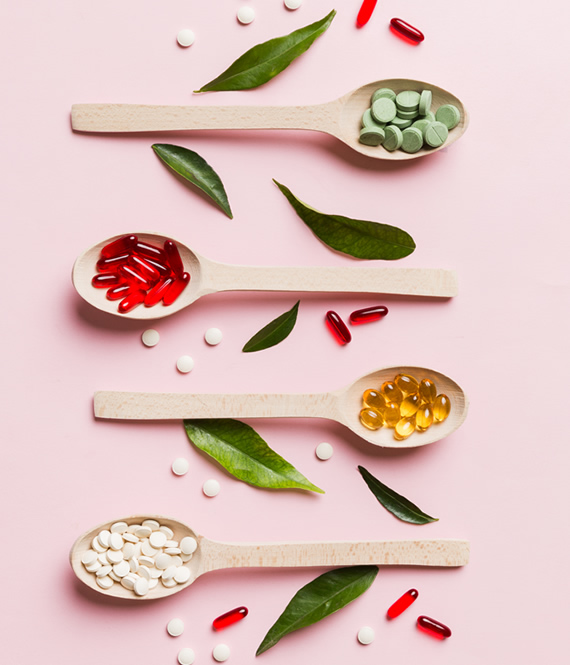

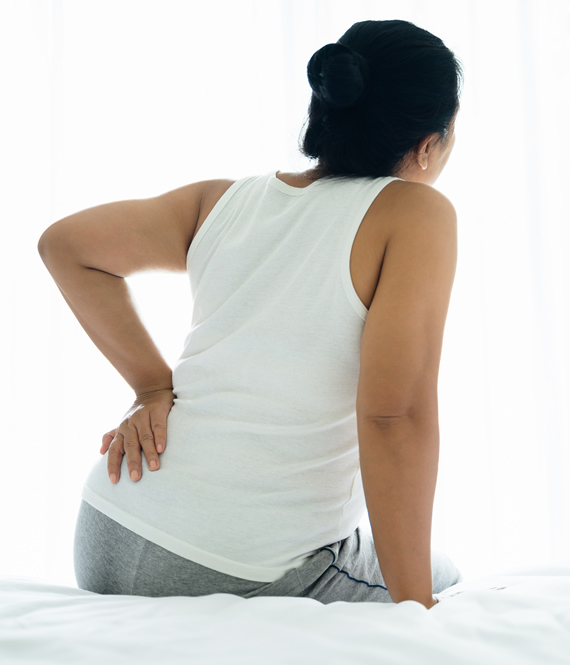

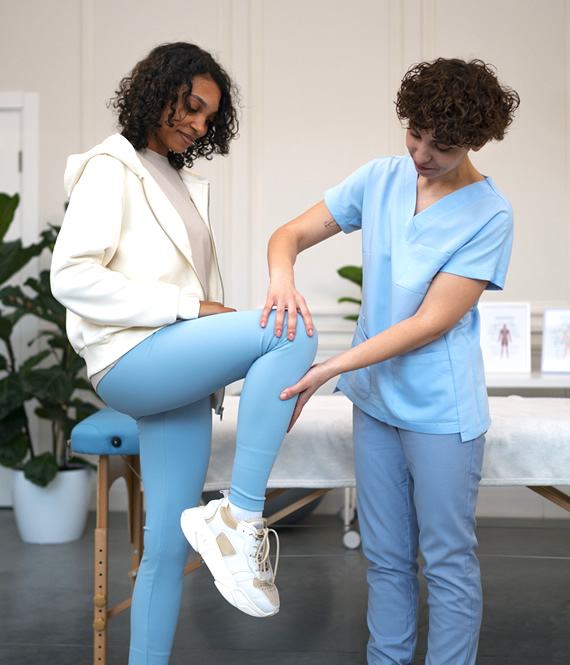
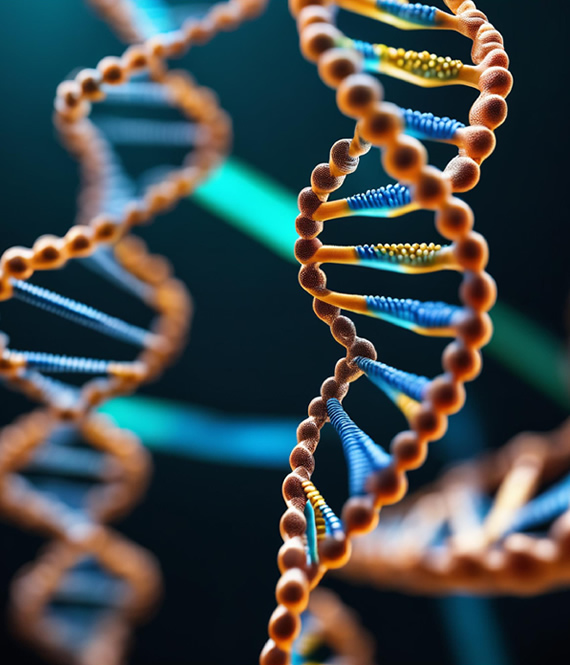

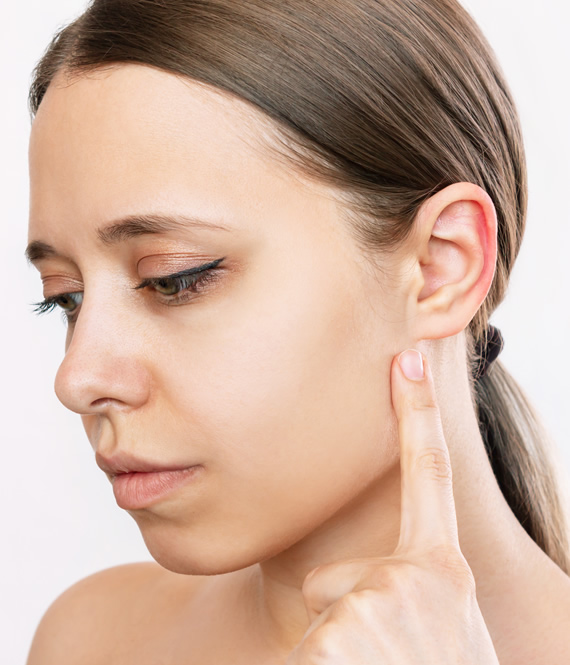

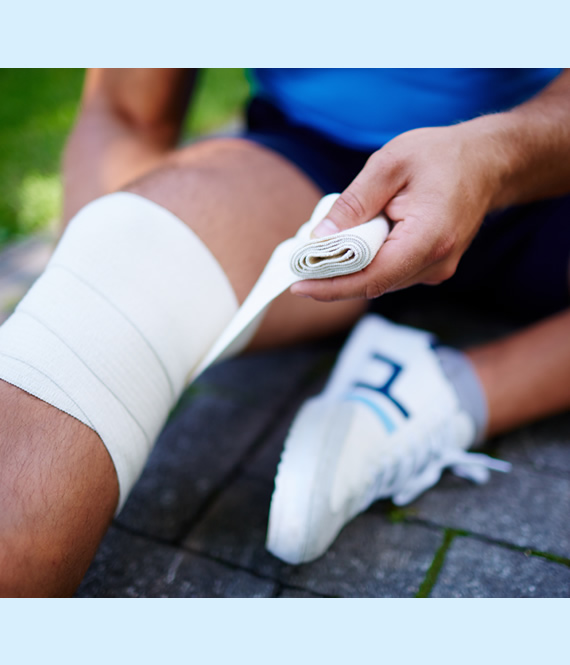

Leave a Comment